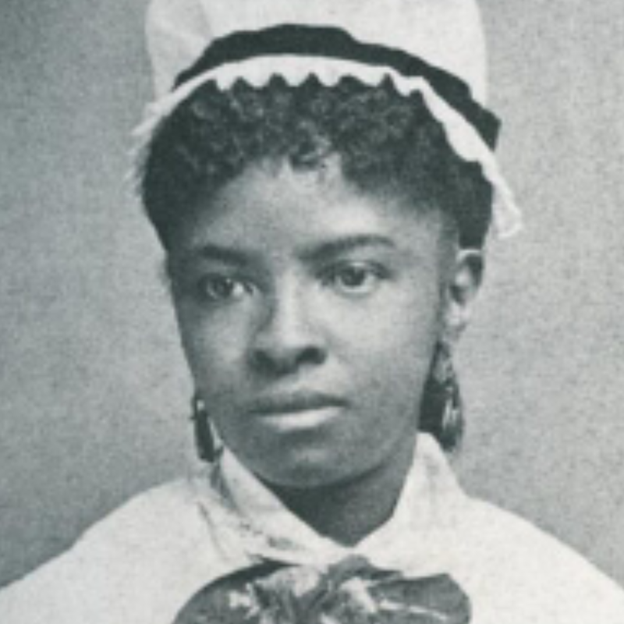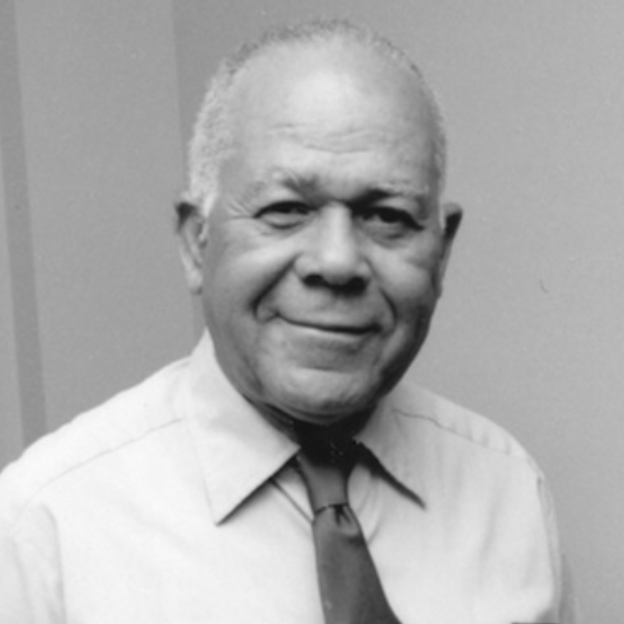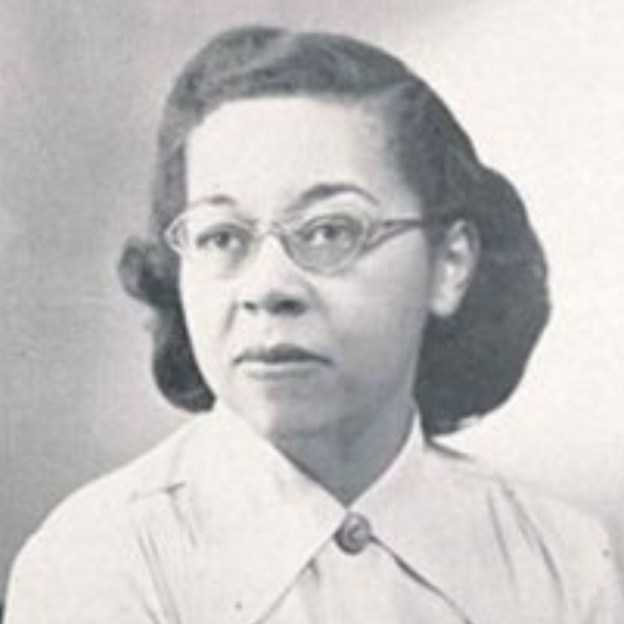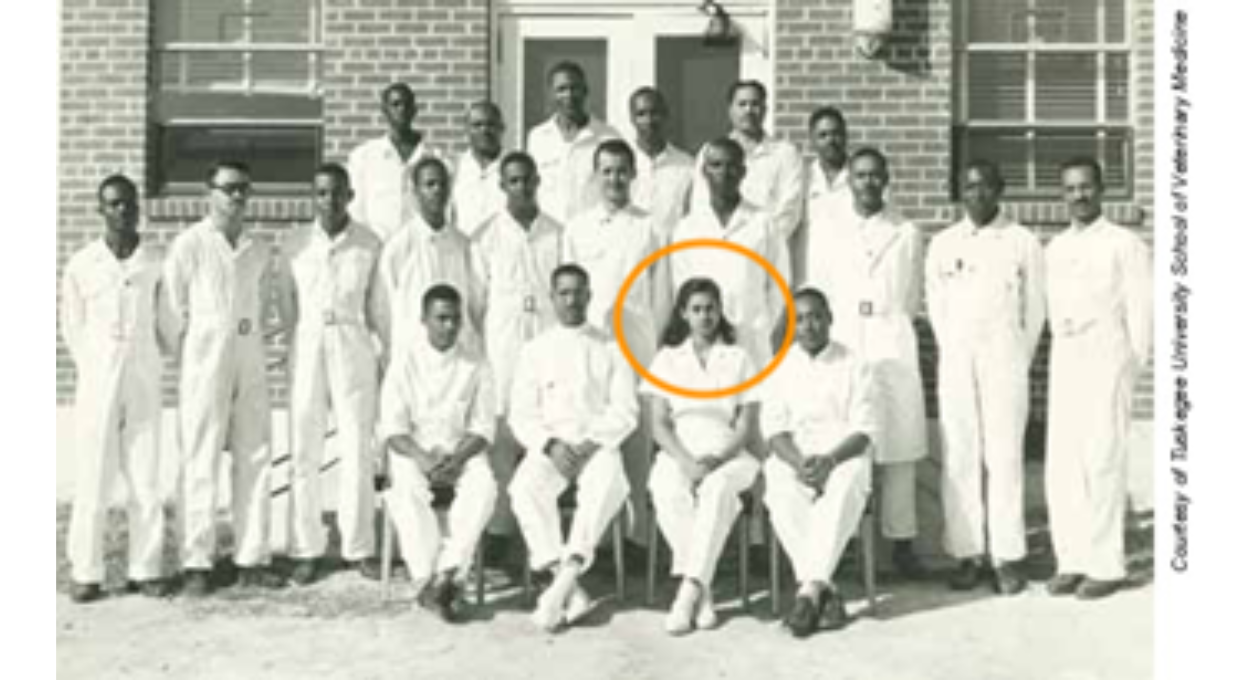Honoring black pioneers and empowering black veterinary professionals
February 24, 2025 · CULTURE

At NVA, we strive to build a workplace that reflects the clients and communities we serve. To support that goal, we’re focused on empowering animal care professionals from all backgrounds and life-experiences through educational programs, partnerships, and employee resource groups like NVA Black Allies.
Led by leaders within our Support Center, we work to create spaces that bring together members of our Black community and allies throughout our entire organization. Our mission is to nurture racial equity through discourse, education, action, and networking. While celebrating black history is important, we believe working toward a better, more inclusive future is equally crucial.
That’s why we’re proud to partner with the National Association for Black Veterinarians (NABV) to advocate and support black professionals in veterinary medicine at all levels.
In 2025, NVA will sponsor 10 students to attend the NABV’s annual conference in New Orleans in June. By supporting students' attendance at this event, we invest in their education and help them build connections that will benefit their future careers. Additionally, our scholarship programs at Tuskegee University, a historically Black university, and Purdue University aim to advance diversity in veterinary medicine. While our hospital leaders mentor undergraduate students through Purdue University’s Vet Up! College program to help them prepare for competitive veterinary school applications.
Fostering a culture of belonging and inclusion is a top priority for NVA. Over the next year, we will continue building on our progress to invest in the success of Black veterinarians and veterinary talent.
Pioneers who paved the way
For NVA Black Allies celebrating Black History Month also means recognizing the monumental achievements and legacy of the Black community. This year’s theme, “African Americans and Labor,” explores the diverse and impactful contributions of Black Americans in the workforce throughout history. To mark this momentous month, we spotlighted professionals who shaped the veterinary and scientific field.

Mary Eliza Mahoney
Mary Eliza Mahoney was the first black licensed nurse, receiving her accreditation in 1879. Facing discrimination in the public nursing sector, she became a private nurse. After joining the Nurses Associated Alumnae of the United States and Canada in 1896, she experienced the same discrimination. This prompted her to co-found the National Association of Colored Graduate Nurses in 1908, advocating for the equality of Black nurses.

Dr. Henry McBay
A Black chemist and teacher, Dr. Henry McBay was born in Mexia, Texas, in 1914. He co-founded the National Organization for the Professional Advancement of Black Chemists and Chemical Engineers. Dr. McBay and his wife advocated for underrepresented minority students and researchers in math and science. His groundbreaking research significantly advanced agricultural nutrition and feed production.

Dr. Alfreda Johnson Webb
Dr. Alfreda Johnson Webb made history as the first Black veterinarian in the United States, graduating from the Tuskegee Institute in 1949. She was also the first woman to earn a veterinary degree from this institution. In 1972, she continued breaking barriers as the first Black woman appointed to the North Carolina General Assembly. A passionate educator, Dr. Webb’s legacy lives on through the North Carolina State College of Veterinary Medicine’s equity-focused group, named in her honor.

Black contributions to animal advocacy
The Bands of Mercy, formed after emancipation, were early advocates for animal welfare. These groups, including Black activists, worked alongside white allies like George T. Angell, who introduced the first Band of Mercy to America in 1882. Their mission was simple but profound: to encourage every individual to take opportunities to show kindness to animals and people alike. The movement spread, inspiring generations of animal welfare advocates.
To learn more about this rich history, visit the Humane Society’s article: Exploring the Rich, Overlooked History of Black Animal Activism.
